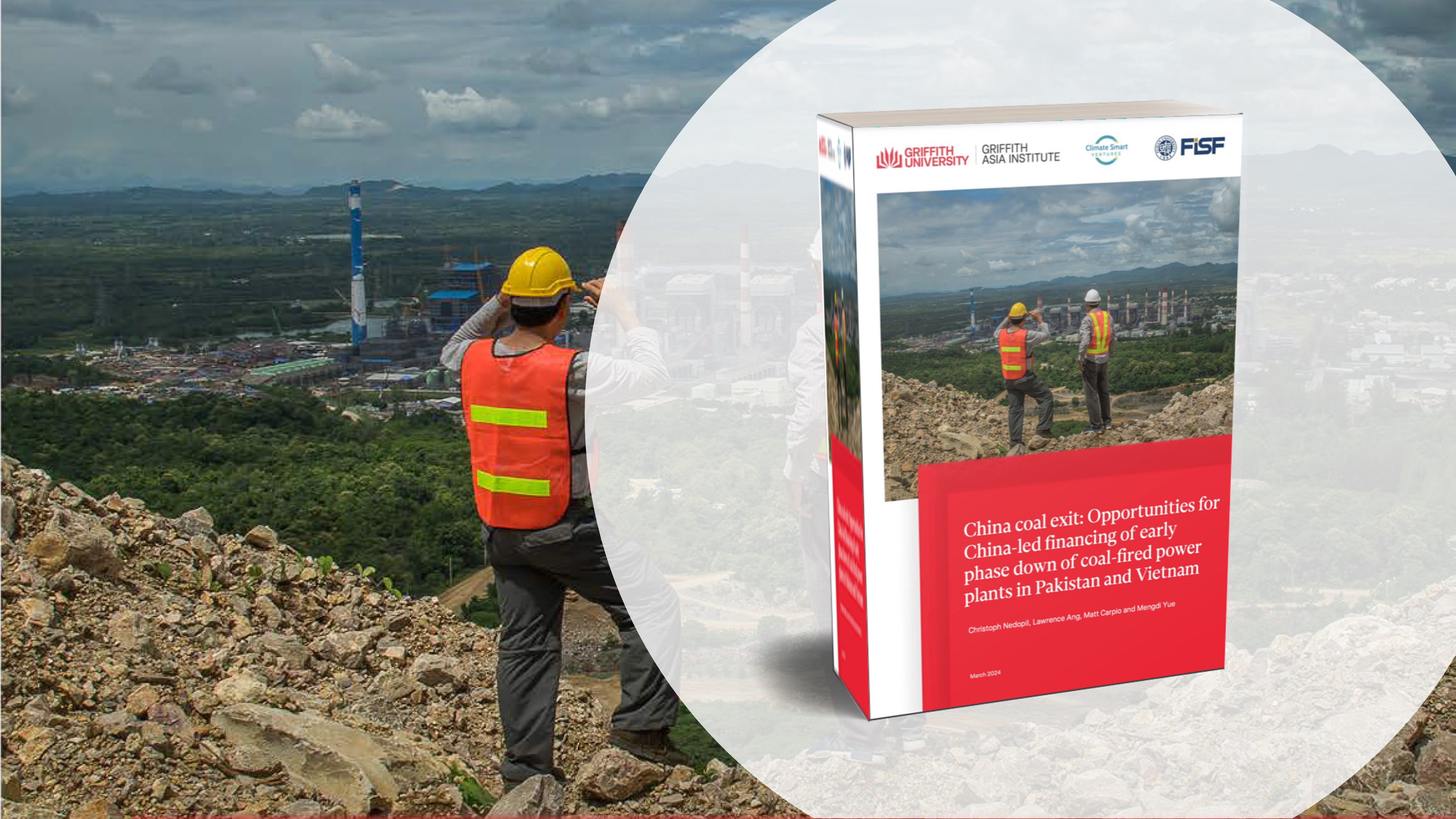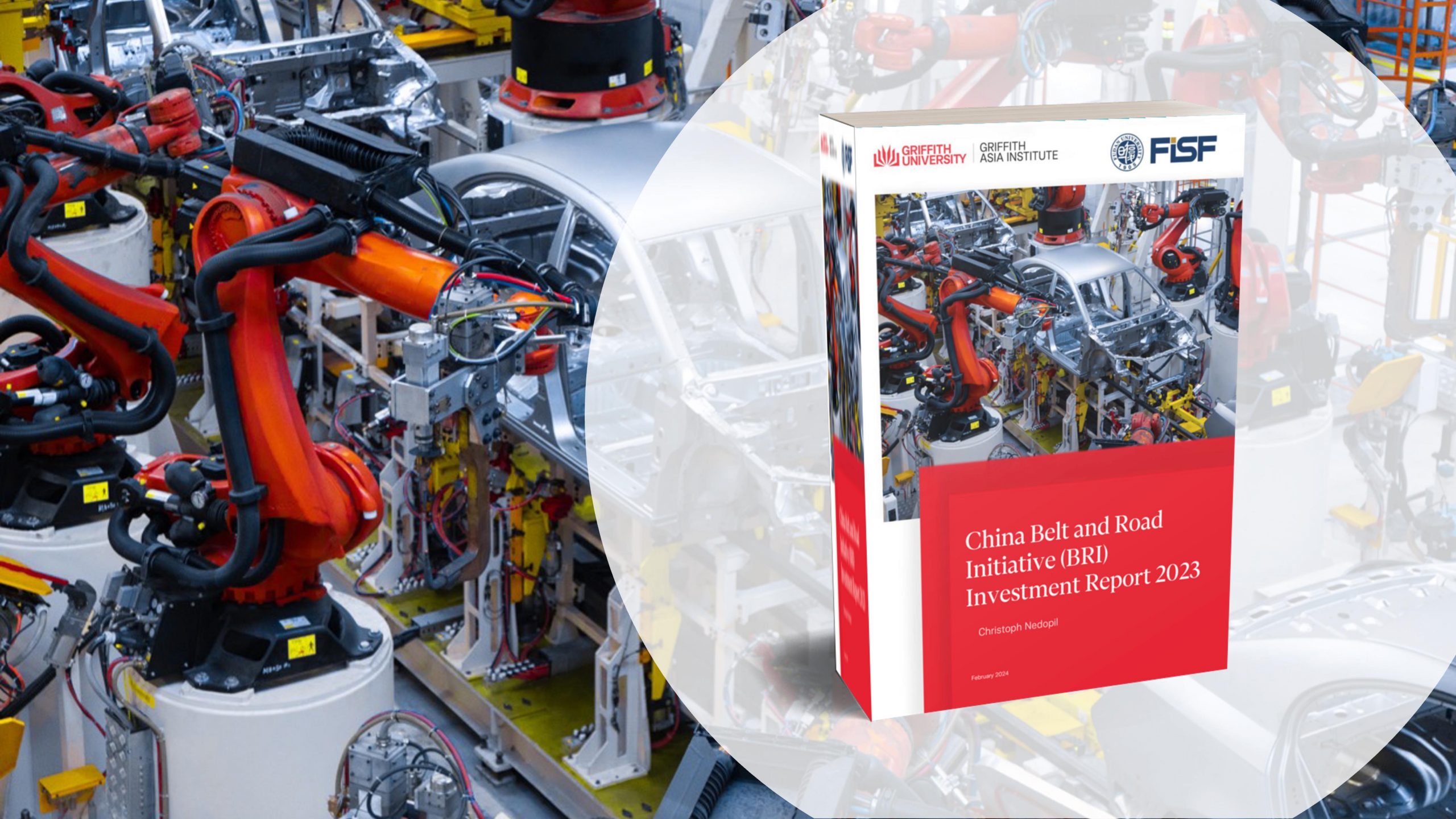On November 2, Dr. Christoph Nedopil Wang, Director of the Green Finance & Development Center was invited to join the podcast of the “Green Team Speaks To” podcast of the Paulson Institute.
The host, Phylicia Wu, director of Paulson Institute, and Christoph discussed greening the Belt and Road Initiative (BRI) and how to minimize the impact on biodiversity, as well as China’s progress toward its goals to reduce carbon emissions known as the “30/60 goals”, as well as the potential of China’s carbon market.
With China’s announcement to stop building overseas coal, such as in the Belt and Road Initiative (BRI), Christoph shared his point of view that, in addition to the impact of coal on the environment, Chinese investors are increasingly aware of the financial risks of coal-fired power plants in overseas finance.
To encourage institutions to divest or stop investing in broader non-green projects, a traffic-light assessment system was proposed in December 2020 to assess environmental risks and the positive impacts of projects. The efforts of greening China’s overseas finance have seen a further boost, according to Christoph when Chinese ministries issued the green overseas investment guidelines in July 2021 to provide the basis to move away from the principle of applying often weaker host countries’ environmental laws to apply Chinese or international standards.
In regard to the 30/60 goals and potentials for cross-border greening of economies, Christoph stated his opinion that integrated and larger carbon markets can be more efficient than smaller carbon markets or emission trading systems (ETS). However, since carbon markets in many countries are still in the process of development, and as China’s carbon market has many specific Chinese characteristics, market compatibility is currently limited, according to a study he wrote together with Liu Huixing with the support from Konrad Adenauer Foundation.




Comments are closed.